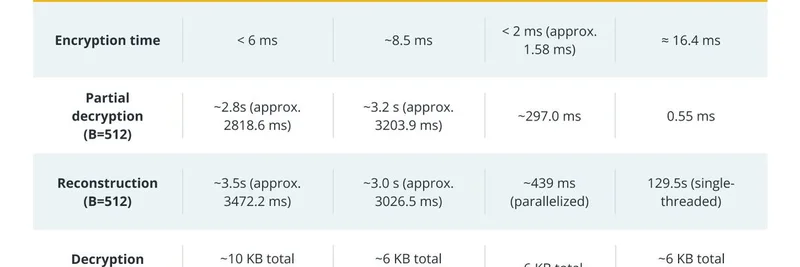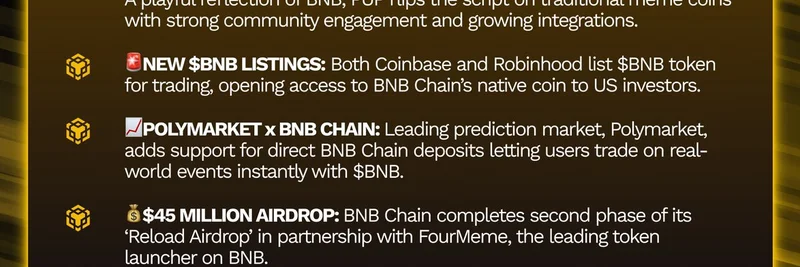In the fast-paced world of cryptocurrencies, it's easy to get caught up in the hype. But what if we slowed down and applied some timeless wisdom from investing legends Warren Buffett and Charlie Munger? Their mantra is simple: own wonderful businesses at fair prices. According to a recent thread on X by @QwQiao, when you view crypto assets through this lens, very few make the grade.
@QwQiao kicks things off by pointing out that exchanges aren't the golden geese they might seem. Sure, they handle massive trading volumes, but they're highly interchangeable—think of them as commodity services. Once an exchange reaches a certain size, the advantages from network effects (like more users attracting even more liquidity) start to fade. It's like how one coffee shop might dominate a neighborhood, but in a big city, competition is fierce and loyalties shift easily.
Next up are programmable blockchains, the tech backbones like Ethereum or Solana that let developers build apps on top. These sound innovative, but @QwQiao argues they don't own their distribution channels—meaning they rely on others to bring in users and activity. From a cash flow perspective, most are overvalued. Cash flow here refers to the actual money generated after expenses, and in crypto, that's often tied to fees from transactions or smart contracts. If the hype dies down, so does the value.
Lending protocols get a nod too. These are decentralized platforms where you can borrow or lend crypto, earning interest. It's a "lindy" business—meaning it's proven over time, as borrowing and lending have been around forever. People want to know their funds are safe. But dig into the numbers, and you'll see it's cyclical: booms when markets are hot, busts when they're not. Not exactly the steady, predictable returns Buffett loves.
Even Tether, the stablecoin giant, comes under scrutiny. Hypothetically, if it had its own token, it might qualify due to its massive network effect (everyone uses USDT for trading) and brand trust. But its revenue is tied to interest rates—when rates are high, it earns more on reserves; when low, less so. That's not the kind of moat (a sustainable competitive advantage) that stands the test of time.
So, what's left? Bitcoin, of all things. Ironically, Buffett once called it "rat poison squared," but @QwQiao flips the script. BTC is a "wonderful business" because its supply is capped at 21 million coins, and halvings ensure the new supply (the "denominator") trends toward zero. It's positioned as digital gold, a narrative that's rock-solid and hard to topple. Compared to physical gold's market cap, Bitcoin could be undervalued by a factor of 10. That's a compelling case for long-term holding.
This perspective resonates in the crypto community, sparking replies like one from @bearonskates questioning if BTC's price volatility will ever mellow out to truly act like gold. Others, like @Rohitdefi, note that crypto isn't just businesses—it's monetary networks, which traditional lenses might overlook.
For meme token enthusiasts, this is a reminder: while fun and viral, most memes lack the fundamentals Buffett would approve. But Bitcoin's story shows how a strong narrative can create real value. If you're building or investing in the space, consider what makes your project a "wonderful business." It might just be the edge you need in this wild market.




